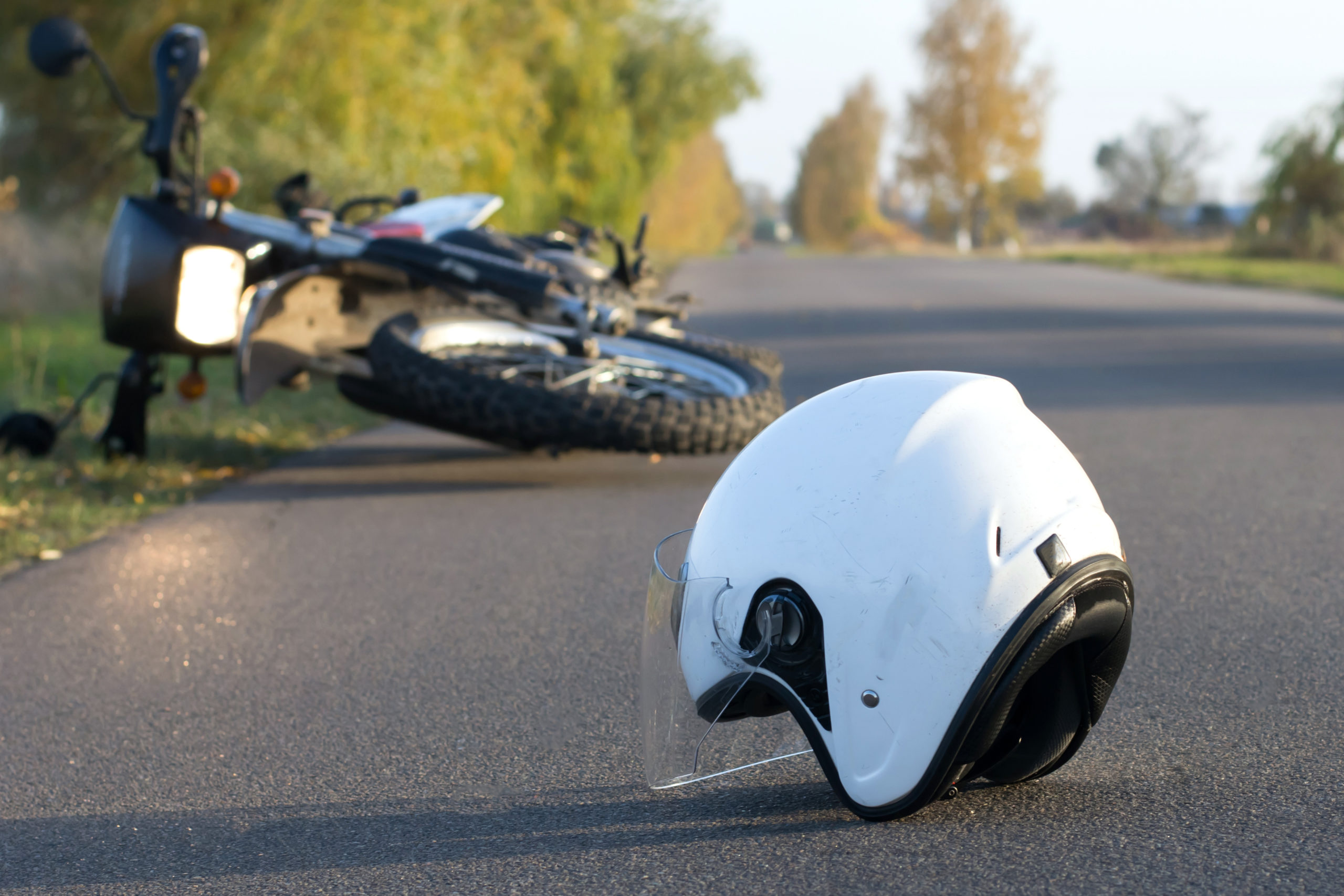Sidewalk Slip and Fall: Who is Liable?
First and foremost, it is crucial to establish whether or not there was negligence involved. A slip and fall on a sidewalk, in and of itself, is not enough to establish that someone is liable for your injuries. Without negligence, there can be no liability and no personal injury lawsuit.
In order to establish negligence, you must be able to prove that the property owner involved did something wrong or failed to take the proper care to ensure the safety of others. It is also important to note that even when the sidewalk is old, cracked, or worn down, the property owner or municipality’s conduct does not always rise to the level of negligence.
In order to prove negligence in a sidewalk slip and fall case, you must prove that:
- The sidewalk was unreasonably dangerous
- The property owner/municipality knew or should reasonably have known that the sidewalk was unsafe
The next step to proving liability is to determine the possible defendant. Sidewalk slip and fall cases are tricky under New Jersey law, and the defendant will depend on the type of property involved.
Commercial buildings, including apartment buildings, offices, and retail stores, have the highest duty to keep their sidewalks clear and safe. Commercial buildings like this have a high volume of visitors per day and are expected to keep sidewalks and parking lots safe.
Residential building owners typically have the lowest level of responsibility to keep up sidewalks. Single-family residential property owners are often not held accountable for things like failing to shovel the sidewalk or remove ice from the walkway. However, in certain cases, a residential property owner could be held liable for a sidewalk slip and fall. This is typically the case when you can prove the unreasonably dangerous sidewalk was caused by man-made hazards, not something natural (such as a winter storm).
Municipal entities are often involved when it comes to sidewalk slip and falls. It is important to understand that there are special rules in place when it comes to a lawsuit against the government. Towns, cities, and states often retain expensive legal teams to fight personal injury claims, making it especially important to hire an experienced personal injury firm with experience in government claims.
Claims against municipal entities move much quicker than a typical personal injury claim. Under New Jersey law, the injured party must give formal notice of the claim within 90 days of the accident when it involves a county, state, or municipal agency. After this 90-day period, you must wait six months before filing a personal injury claim. During this waiting period, the government agency will likely reach out to you to try and settle your claim. With the help of a personal injury attorney, you can decide whether or not to accept the municipality’s offer or file your formal claim.
In any sidewalk slip and fall case, it is important to contact an experienced lawyer as soon as possible. Without an attorney, it can be very complex to figure out who is responsible for the sidewalk’s upkeep and how to proceed with a personal injury claim.


















